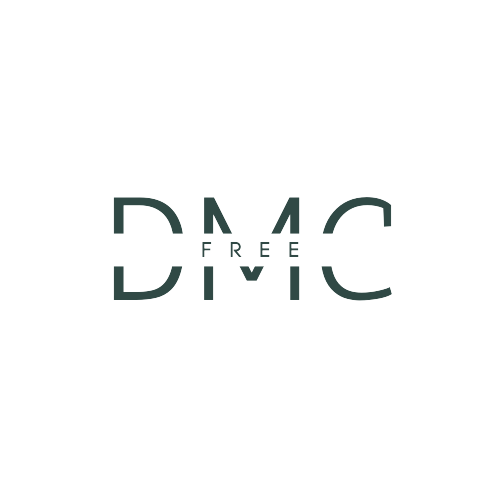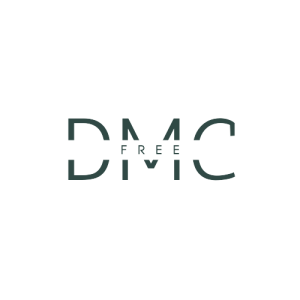
In an era where data is the backbone of strategic decision-making, the allure of a career as a data analyst is ever-growing. If you’re on the brink of a career pivot, the fundamental question arises, “Am I a good fit for a career as a Data Analyst?” This article endeavors to provide a comprehensive guide to help you assess your suitability for this role, highlighting the “Key Skills Every Data Analyst Needs“, delving into the “Most Useful Data Analysis Methods“, and showcasing relevant “Data Analytics Certification Programs”.
Table of Contents
1. Self-Assessment Criteria:
Analytical Mindset:
The bedrock of data analysis is a robust analytical mindset. If you have an affinity for problem-solving, critical thinking, and discerning underlying patterns, a data analyst position might align well with your skill set.
Technical Acumen:
A strong grasp of specialized software and programming languages such as Python, R, and SQL is fundamental. A proactive approach to learning and adapting to emerging technologies is equally important.
Communication Efficacy:
Translating complex data into understandable insights for a varied audience is a daily task. Thus, excellent communication skills are imperative for a successful career in data analysis.
2. Key Skills Every Data Analyst Needs:
- Statistical Analysis: A thorough understanding and application of statistical methods are vital for effective data organization and analysis.
- Data Visualization: Proficiency in tools like Tableau or Power BI for visual representation of data findings is essential.
- Database Management: Expertise in managing and querying databases using SQL is crucial.
- Machine Learning: Knowledge of machine learning algorithms is advantageous for predictive analysis.
3. Most Useful Data Analysis Methods:
- Regression Analysis: A critical method for gauging the relationship between dependent and independent variables.
- Monte Carlo Simulation: Utilizes probability distributions and random sampling to estimate various outcomes.
- Time Series Analysis: Analyzes sequential data points to predict future values.
4. Gaining Qualifications and Certifications:
Pursuing relevant qualifications through “Data Analytics Certification Programs” is paramount. Platforms such as Coursera and edX provide diverse certification opportunities, including programs from prestigious universities. For those seeking cost-effective learning, Khan Academy and Codecademy offer foundational courses for free.

5. Salary Landscape: Global Comparison:
| Country | Average Annual Salary (USD) |
|---|---|
| United States | $75,000 |
| United Kingdom | $60,000 |
| Canada | $55,000 |
| Germany | $52,000 |
| Australia | $70,000 |
6. Exploring Career Opportunities:
Armed with the requisite skills and certifications, seeking Remote Data Analyst Jobs can be a viable entry point into the industry. Renowned job platforms such as LinkedIn, Indeed, and Glassdoor list a plethora of opportunities, catering to a range of preferences and offering flexible working options.
Conclusion:
Assessing your alignment with a data analyst career involves a holistic evaluation of your skills, passion, and professional aspirations. By honing the “Key Skills Every Data Analyst Needs”, mastering the “Most Useful Data Analysis Methods”, and acquiring relevant certifications, you pave the way for a fulfilling career in data analytics. Stay vigilant and explore the myriad opportunities, especially “Remote Data Analyst Jobs”, as you embark on your data-centric journey.
Q: Is data analyst a good career option?
A: Absolutely, a career as a data analyst is considered a promising and rewarding option. Data analysts play a crucial role in helping organizations make informed decisions by interpreting complex datasets. The field offers competitive salaries, opportunities for advancement, and the possibility to work across various industries.
Q: How is data analyst as a career?
A: A career as a data analyst can be highly satisfying for individuals with a knack for statistics and a curiosity for uncovering insights from data. The role involves analyzing data to help businesses make informed decisions, which can be both challenging and rewarding. The profession also offers diverse opportunities for specialization and career progression.
Q: Are data analysts in high demand?
A: Yes, data analysts continue to be in high demand across various sectors. With the increasing reliance on data-driven decision-making, organizations are actively seeking skilled professionals who can analyze and interpret data to uncover actionable insights, thus fueling the demand for data analysts.
Q: Is data analyst a good career in the future?
A: Given the rising prominence of data in strategic planning and the advent of technologies like AI and machine learning, the future outlook for data analysts is positive. The continuous evolution of the field, coupled with the growing emphasis on analytics, suggests sustained demand and opportunities for career growth for data analysts.
Q: Is data analyst a lot of coding?
A: While coding is an integral part of a data analyst’s role, the extent can vary depending on the specific position and industry. Data analysts often use programming languages such as Python, R, and SQL to organize and analyze data. Proficiency in coding can certainly enhance efficiency and open up more opportunities in the field of data analytics.


